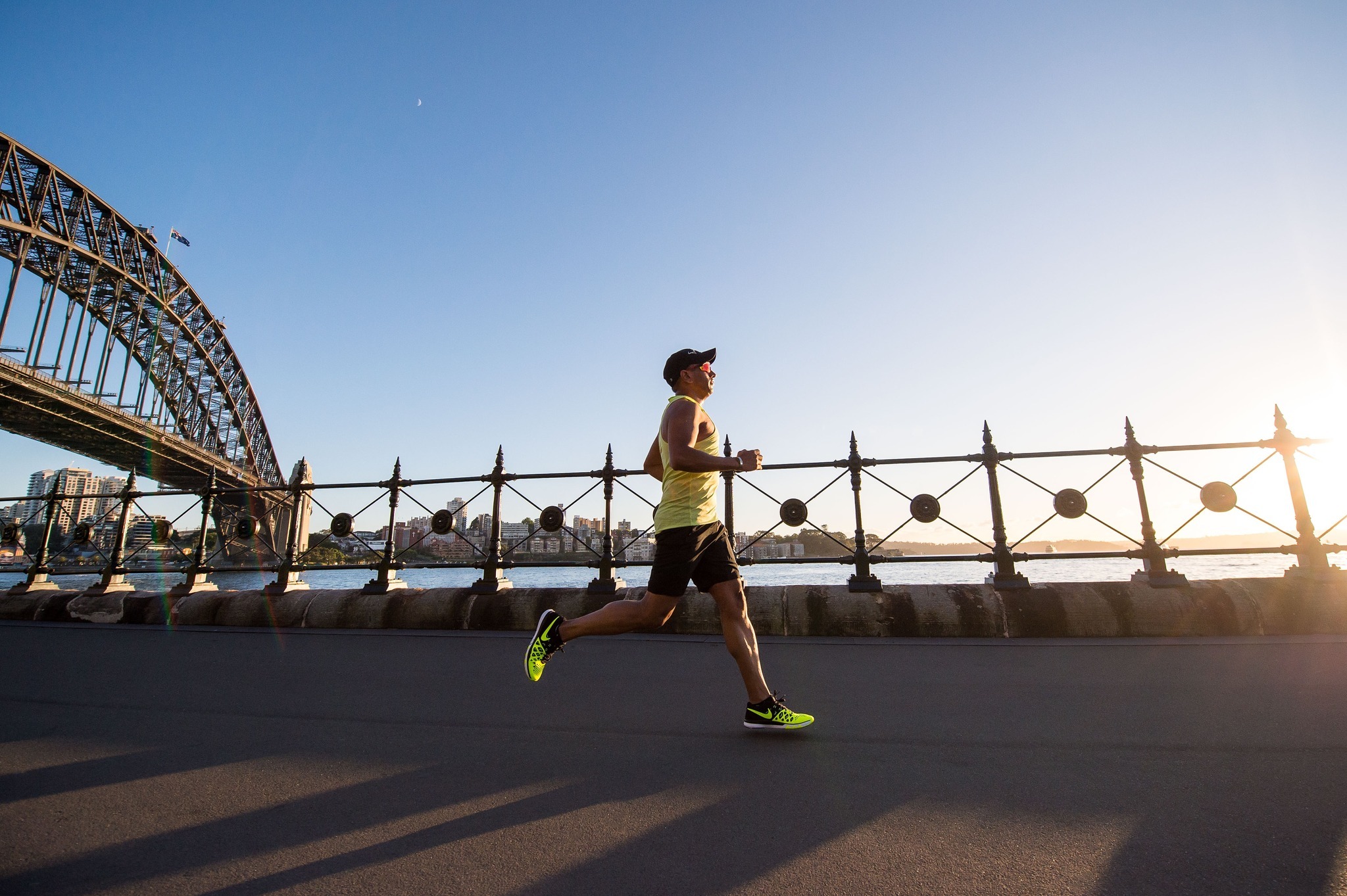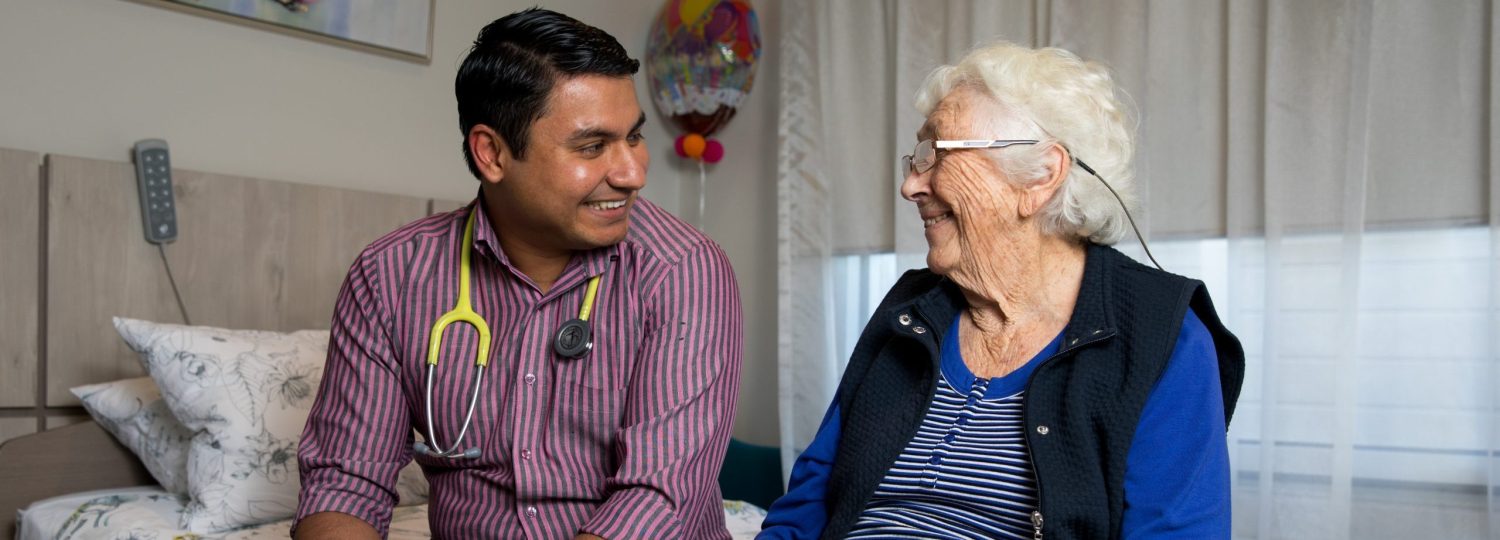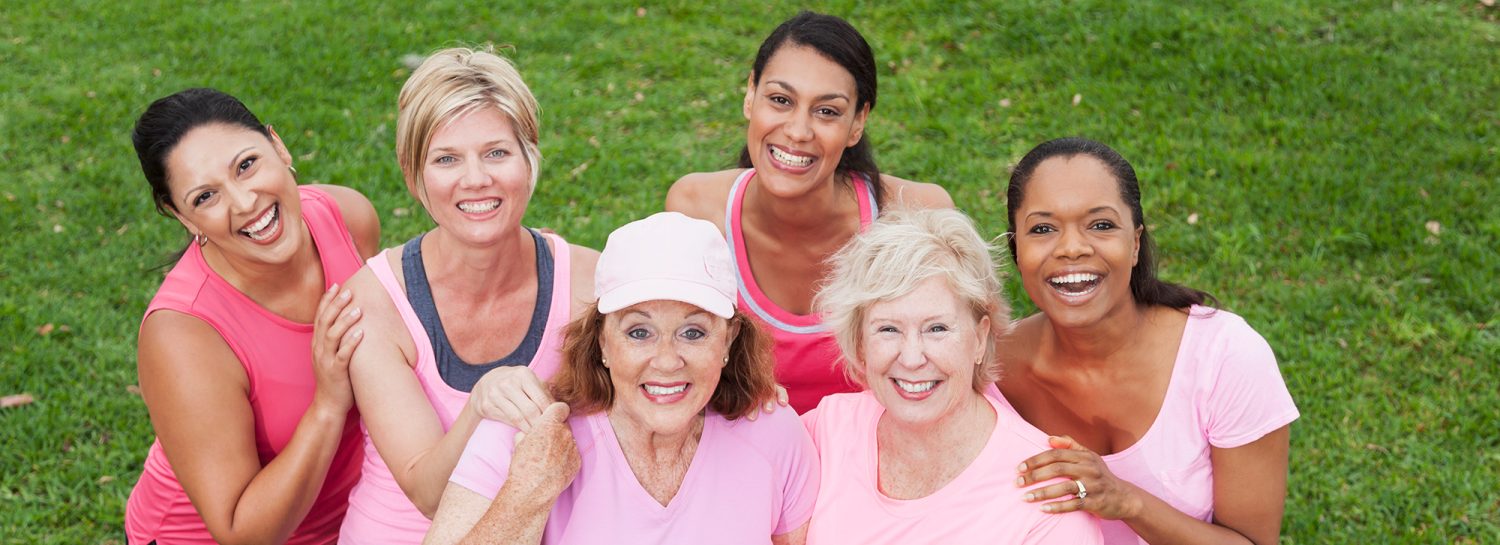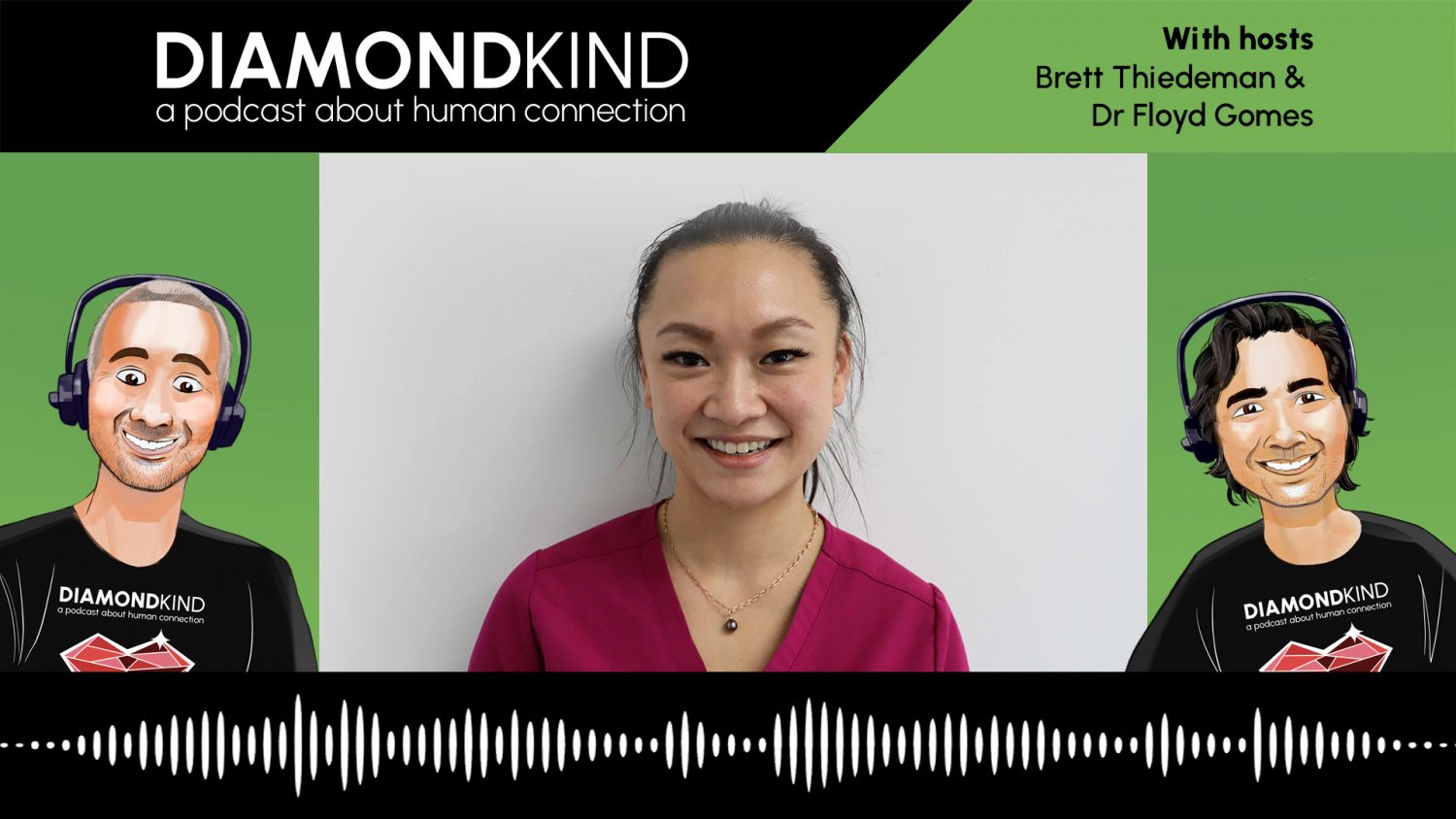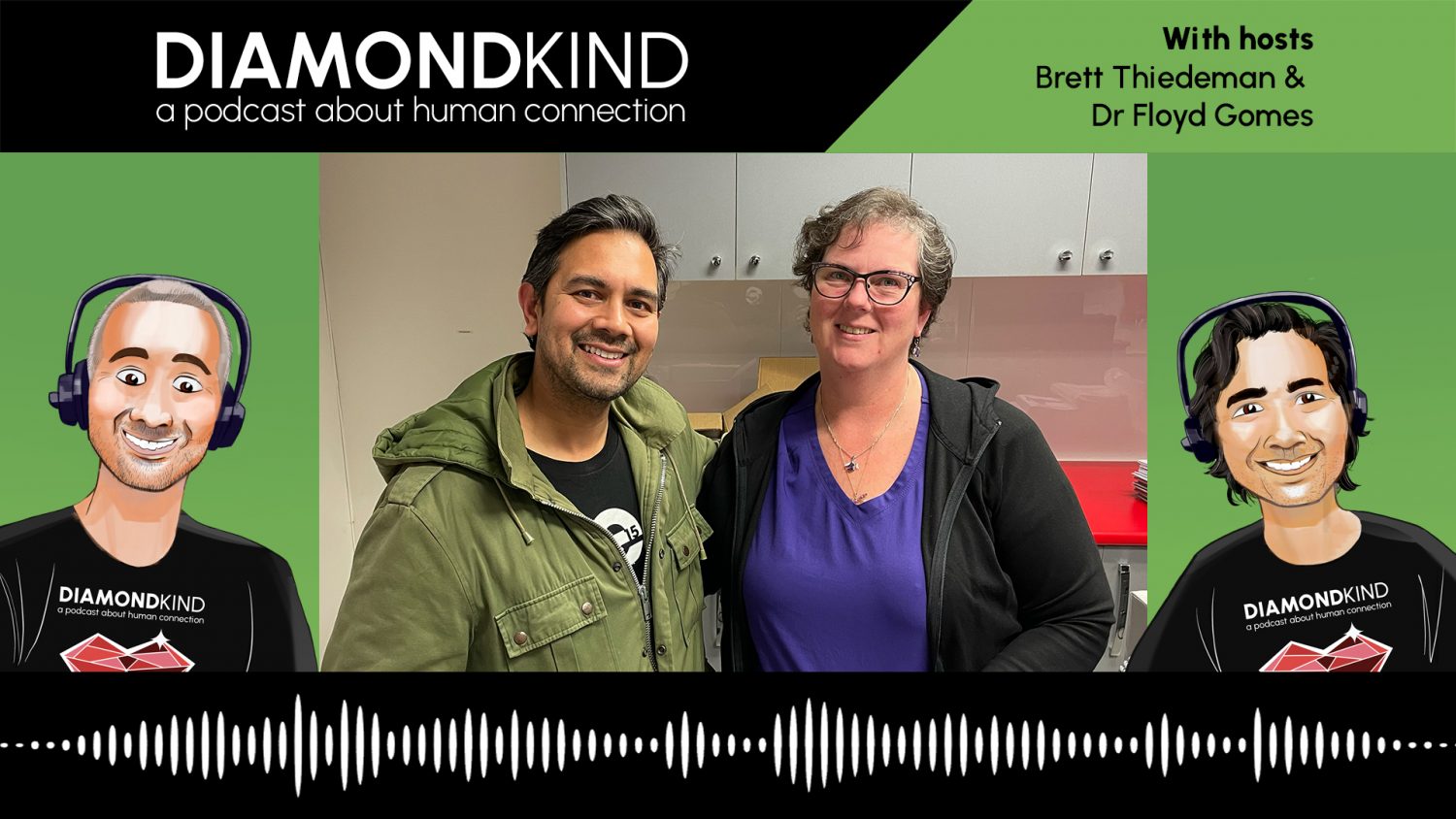Brett speaks with Sean Williams about his experience as an Olympic running coach.
Brett Thiedeman
Hey guys, it’s Brett here just dropping in before the show to let you know this episode is a little different. It’s part one of a two-part interview with Shawn Williams, who is the Olympic running coach. That’s all you need to know for now. Let’s get into it.
Floyd Gomes
We all have pressure in our lives and pressure makes diamonds. And yet in the heat of a moment, that pressure can lead to various ways that we handle a situation either aggressively or bringing out some degree of kindness. And that’s what diamond kind is about.
Brett Thiedeman
Welcome to another episode of Diamond Kind, the podcast that celebrates kindness under pressure. I’m your host Brett and today we have a very special guest someone who knows a thing or two about running. He is a fanatical student of the sport starting his competitive career as an eight-year-old in little athletics. He went on to become a decent senior runner with a PB of 14.09 for the 5k and 29.31 for the 10k, not bad not bad. He has been an Australian team coach at the senior level in recent years. At the World Athletic Championships, three of his athletes competed in the 2014 Commonwealth Games. That was Harry Summers, Ben St. Lawrence and Victoria Mitchell, with Ben and Victoria also being Olympians. He has produced multiple Australian reps in the World Junior, World Youth, Olympic Youth and Commonwealth Youth Championships. Joining us today is none other than Shawn Williams Melbourne’s only Olympic-level running coach. Welcome to the show. Sean,
Sean Williams
thank you very much, it’s an honour to be here. And thank you for inviting me on.
Brett Thiedeman
Yeah, thanks, Shawn. I’d like to sort of go through this podcast and probably break it into four different segments. And starting with your journey, Shawn in running and coaching, can you share with us how your journey and running began from little athletics to now becoming a senior coach?
Sean Williams
Absolutely. I think that the main driver of my running like so many people, with whatever they do in life when my parents and particularly my dad, we’re hoping to celebrate his 90th Birthday up in Sydney in pretty well, exactly two months from today. Awesome. That that will be exciting. Hopefully, you know, we’re looking forward to that family coming from all around the country to gather for dad’s 90th. There was a movement, a jogging movement, actually, back in the late 60s and 1970s. And there was a man named Dr. Kenneth Cooper, who was the exercise physiologist, he started this jogging movement along with a few other people around like the coach after Leon who was a famous New Zealand coach and the tag jogging came into being before that people who ran tended to run competitively, ever run in pro racers like they get ready for things like to store will gift if they’re Australian Victorian, or like overseas, they might be aiming for Olympics or, or you know, going in in their club races. So they tend to be very fanatical, they weren’t so much running for health, although I’m sure there were plenty of people out there running and jogging for health, but it wasn’t like a mainstream thing. But then a couple of fairly renowned people, both from the health side of things and, and from the competitive side of the sport, started coming together and thinking well, running shouldn’t only really be something that people who want to compete in sport should be able to do. It should be something that the average person out there could do as well because it’ll really help their heart, their weights, their strength, their mental wellbeing and all those other things that we know we can derive from being a regular runner or going for regular runs. And so the jogging movement, which is really yeah, basically the running movement, which as we because we more people call it running these days, as we know today came about and Dr. Kenneth Cooper, he wrote a book I can’t remember the name of the book, but my dad got his hands on it pretty well said that he recommended you got out and went for three runs a week for something like three miles three or four miles and you build up five miles because it’s all about miles back then. So basically building up to about 10k. And, and dad got his whole got his hands on the book and started following it. And one of the things that stemmed from that kenneth pollinia jogging movement was a big adventure Sydney because I’m originally a Sydney boy I’ve been in Melbourne for years, a big event in Sydney called the city to serve which has been out for 14k or back then they called it about a nine miler went from the town hall and Sydney all the way to Bondi Beach following iconic places in Sydney along the way, mainly along the harbour. Beautiful course. I did that several times as a kid and also as an adult, mainly due to dad, you know, encouraging us and it’s so It was dad getting out there and running along his three mile and four mile course around the suburbs in Sydney where we lived. And he inspired us he got out there he did the very first senator serve when the Fairfax, the local Fairfax Media who had the newspaper in Sydney at the time called the sun, the Sydney sun. They promoted it and got lots of people out there. For the first edition, I think something like 1500, or 2000, people did the first one fairly well, which is a lot when they had nothing like that at all anywhere in Australia. And so a lot of people like dad got into it. And then obviously, dad, and other fathers and other friends and family of people all around, started telling people what a good thing it was, how much they enjoyed their running. So we got to and then dad encouraged myself and my siblings to get involved in another new movement at the time. In the early 70s, called Little Athletics, we as from people like Tyson and other local people, a lot of their kids now still doing little athletics, it’s been a movement, which has been going for about the same time as jogging slash running in the Western world. And we got involved in that. And I got involved in that as an eight year old and did the running, jumping and throwing really loved the running side of things and get a whole bunch of sports like we all do, right through primary and high school, high school running was always a constant there, and probably my number one, love and by the time I graduated from high school, it was that same sport I was doing. And I competed for my club in Sydney, and then continue to do it as an old guy, and coach down in Melbourne in the last seven years. So I’ve always enjoyed being involved in that club scene and competing. And now coaching, giving back to the sport as a coach. And it’s been a real joy for me. It’s been great for my health, I believe, and well being made so many of my friends through the sport. And it’s been a huge part of my life ever since. So dad got involved in that city to surf.
Brett Thiedeman
Awesome, awesome. Thanks for sharing that. And you know, that’s remarkable. So one of the things you said Shawn was about doing so three? Did you say doing three 10k runs per week?
Sean Williams
Yeah, pretty well. That’s what he did. He never, funny dad never became what you’d call a running lock. We know, that was a running fanatic. Like years of my life. I was running twice a day. So I was really doing what dad did per week, per day. In my 20s, over 11 or 12 years, I average 260k a week in training. Yeah. You know, even on a bad week for a week where I backed off or recovered from the big race or might do 100 120k a week. And then on a big week, I might do 180. So it’s doing lots of runs. But yeah, even if you’re doing 30k a week, that’s plenty of running. And that’s pretty much that’s what dad did. He only had other stuff going on for kids after he had a good job, you know, all that stuff. Yeah. And it was, it was never frenetic. But he was certainly very dedicated to the point where they thought writing a book about the citizens to forget the guy’s name now, but he put a book together on this day of the race about 10 years ago now. Because I think the first edition of the race might have been known as 71. You can double tap it or think about that. And so about 40 years after that a guy wrote a big beautiful hardcover book and got together, the guys are all wet all men actually, who had done all of them and he called them the legends. And about there were about 30 people who’ve done every edition of the super surf and dead wasn’t legend so he was very consistent. Even though you can call it running fanatic he rocked up there every year on in the second Sunday in August, because that’s traditionally when it’s on it still is on the second Sunday in August in Sydney, following pretty well the same course. And he’d always woke up and the only thing that stopped him from doing it was an aneurysm by his heart which let you can’t run basically hasn’t been able to run for the last five years so it hasn’t been walking at as 85 Doctors said not You’ll die if you or your there’s a good chance you’ll drop dead if you if you let that stop you Yeah, it made he made the book anyway made the cuts of the book. So that was okay
Brett Thiedeman
Ill have to check it out. And during that time, Sean as well. So, you know, with the five children and you know, working a good job as well. Did he did it was he doing it for for health reasons. Is that why he was?
Sean Williams
Yeah, that was the number one reason I think, in his words. He was a long, lean, young man like I was and I still have been because I’ve continued to run and you know, I am tall and and yeah. Well, he was exactly like that as a young guy, but in his words when he got and so even as a single guy, and he’s remained fairly tall and land. Maybe it wasn’t cooking like he moved out a home fairly young at uni and his early work working life and then when he got married in his words, he started I think he put on us pounds I think he put on 40 pounds within the first 12 months because Mum cooked him up good meals all the time and probably, you know, fed him really, really well and, and he’d been doing bugger all exercise and he wasn’t happy with yourself just not being married for very long and kind of letting himself go a bit. And he wasn’t the way he looked in the way he felt. So I think it was more just a vibe and just a quick little measure of himself and, and the media out there and the literature out there at the time, kicked him into gear.
Brett Thiedeman
Awesome. Awesome. Now that’s really good. Thanks for sharing all that. And for you showing that you’ve coached runners of all ages and abilities for for two decades now. Like what keeps you motivated to coach I guess such a diverse range of athletes.
Sean Williams
It’s just a real joy. I came from a teaching background. I was teaching mate predominantly PE or phys ed and coaching and teaching a very similar in that you’re helping people achieve goals. Because it was the one thing in my running was the thing in my life, which I most wanted to do when I got out the door from work, have an afternoon and for a long period of time. For most of my teaching career. It was what I did before I went to work as well. So get up early 5:30 and, and try it and then I’ve as soon as I could get out of school and I do it again. Once I’d finished coaching kids with footy or cricket or whatever I was doing more more running. I couldn’t wait to that was my first choice. So there was a guy up in Brisbane named Patrick Carroll or Pat Carroll who had banking and it was a much better runner than me actually ran about 2840 for 10k and Brandon the Commonwealth Games for Australia. He wants to get out of banking and he gave running coaching a go with a bunch of recreational runners in Brisbane started in started in about 2000 or there abouts was a year before I started my rec running group. And it went really well when he knew that I was already coaching predominantly kids and a few club level runners. And it said you should give that a go as a career maybe take a youth lead like I have. So it’s about 12 months after he started after I noticed how well he had been going and made a career out of it. And after him egging me on. I thought I’ll give it a crack. And I did. And, and things worked out really well. So to me, it was like the dream job I was actually doing for my career what I’d been doing in my spare time. Anyways, really, yeah, getting involved in running and helping runners. And there’s certainly like when you’ve got a lifetime of experience under your belt, even though I was fairly young, when I started coaching, I wasn’t running fanatic. And I was spending a lot of time every week doing it. And the more you do something like that, you tend to make mistakes along the way. And therefore you learn, I was able to pass on that knowledge of of my learnings to plenty of people. And look, I’d have to admit that some people in my early days of coaching probably had just as much knowledge of running, if not more knowledge of running than me, but they wanted someone to be their motivator. They wanted someone there holding their watch or someone to be accountable to. Different reasons why people have a coach. And I reckon the number one reason, probably the accountability. Number two is that they’ll often the coach will often provide just that support. And it might be a support network, whether it’s a one on one support, or even it’s within that creating a group structure because not everybody changes within a group. Like, just in my own coaching services, I offer one on one coaching where I can run up to or the person will walk up to me and I’ll literally coach them one on one. And that’s more for helping their techniques, helping them with their breathing, PACE judgment and just giving them a little bit more attention. I do online coaching where I may, I may never meet the person, I may only see them online, either via some some kind of face to face conversation there. And or they may send me a video of them running or I might see footage of them in a race of somebody else’s tape them running. Some people don’t even see any footage off at all. They just like to keep it all in writing. And they get to get their program on a spreadsheet. And then there’s correspondence about how they’re handling their four week block of training and how they’re, and then there’ll be goals that they’re they’re aiming to achieve. And then there’ll be ongoing adjustment of goals because they’re only human and things can go right. They might get faster than we thought they would or they might slow down due to different reasons that might be busy life. It could be injury, illness, whatever. So we need to either accelerate or decelerate, what’s happening with their program at that, so there’s the online, there’s the one on one, then there’s a group training, which like I had running groups in Edithvale. At the moment, I used to have them in Centennial Park and Sydney, a lot of, I honestly believe that they sign up with me as a coach because they know that there’s a good group environment happening there, there’s a good group dynamic. And it’s a great way for them to not only get coaching because I’m there on site, generally, it’s not me, it’ll be like an assistant coach, but normally it’s me, but also have camaraderie, there were fellow runners and often they know that a lot of those runners will be more experienced than them. And they’re like a second, third, fourth fifth coach, because they’re role models to the less experienced runners. So they’ve even experienced that as like being senior members of a group. And there’s a whole social side of it. So they’re not only they’re running together and pushing each other along, and encouraging each other along, it’s like a support network on the run. And on they’re all they’re stretching and doing their technique work and, but they’re there, they’ve become very good friends. So there’s a real social side to things where they might catch up, like I literally just did a workout with a group of Edithvale this morning, then, then a bunch of us met up at the local cafe afterwards for just a chat and a laugh for a coffee and a few people had a bite to eat. Or it might be going to the pub after an evening evening session, or it might be you know, going out to a race to club race. And people will bring along a bite to eat cakes and slices and snacks and all that kind of thing under the marquee there’s a social side of things or even traveling away to a race for a full weekend or even longer if it’s further away. So lots of social things that happen. And then there’s lots of banter going on social media, these days in chat groups, and all that sort of thing, of course, and other aspects as well. So the social part of being in a running group is huge, a lot of people and as the coach, I guess I’m just sort of like a manager of that, that whole environment. And I’m only one small part of that group, you know, the group. Everybody in the group is an important member of that group. And then the other. The other component of my coaching is I provide training camps. So they’re like a random getaway, you can get like a random solid eight, we had one up at coolum, in the middle of winter in July coolum in the on the Sunshine Coast in Queensland. And that was lovely getting away there and training. And it was basically doing what we’re doing in Melbourne, but in a warmer environment. And we were around each other more than what we normally would because there was no work to worry about or anything like that. Although some people might have had a little bit of work online. Basically, you’re there to hang out with the runners. And so there’s a bit more training provided more social things happening. So yeah, running camps are a fun thing to do as well. I’ve had them in the mountains, had them in the Australian Alps and that sort of thing as well to get away to different environments that you don’t normally get to appreciate just in Bayside, Melbourne and do something different with like minded people like we went through, up to Bathurst in February to watch there wasn’t a training camp. It was more of a racing trip to watch the world cross country championships. The first time the world cross country has been in Australia. And it was in summer in western New South Wales, which is really hot. And it was thinking hype. It was a three day carnival. And a lot of the runners who went up there got to go in their own rights, even if they didn’t get to wear the green and gold and the actual world. Cross country which was on the final day they had a whole bunch of lead up places as well. Yeah, to go. They had like corporate bases, they had club relays, they had school kid races age group, they had World Masters championship for the oldies, anything you wanted to go and you could have done you could have done a 2k right up to the 10k. It was thinking hard. It was like 35 degrees every day, which is non cross country type weather, but it had to be in line with the rest of the world and 90% of the world live in the northern hemisphere, and it was in the middle of winter in early February. And that’s when they always had well cross country and we’re not so stay as tune. We still had to hold it but it happened to be our summer so you had all these Africans and Americans and Europeans and whatnot. Asians who were coming from the winter, and they really copped it by running a tough hilly 10k cross country with no tree cover. It was a nightmare for many people. It was a great experience. Everybody had fun. You got to meet people from all over the world. And again, that was another getaway, which we really enjoyed.
Brett Thiedeman
That wraps up another episode of diamond keychain where we immerse ourselves in the remarkable moments of kindness that emerge under pressure. But guess what? We’re not done yet. This is just the beginning of Shawn’s journey. Stay tuned for part two, where we’ll continue to hear from Shawn and his passion to coach runners of all different types. Until then, remember to keep that kindness and compassion a lot
